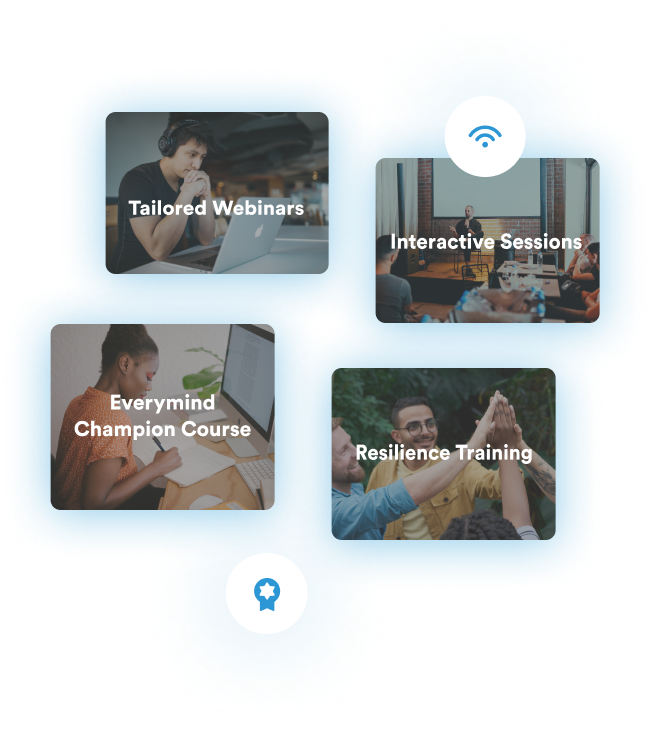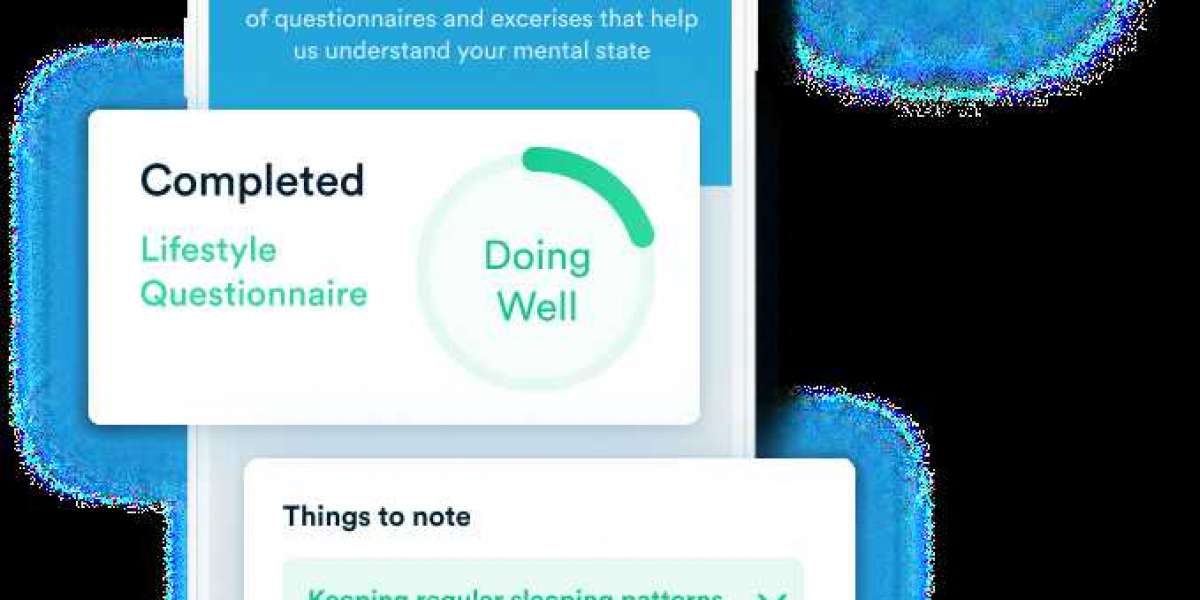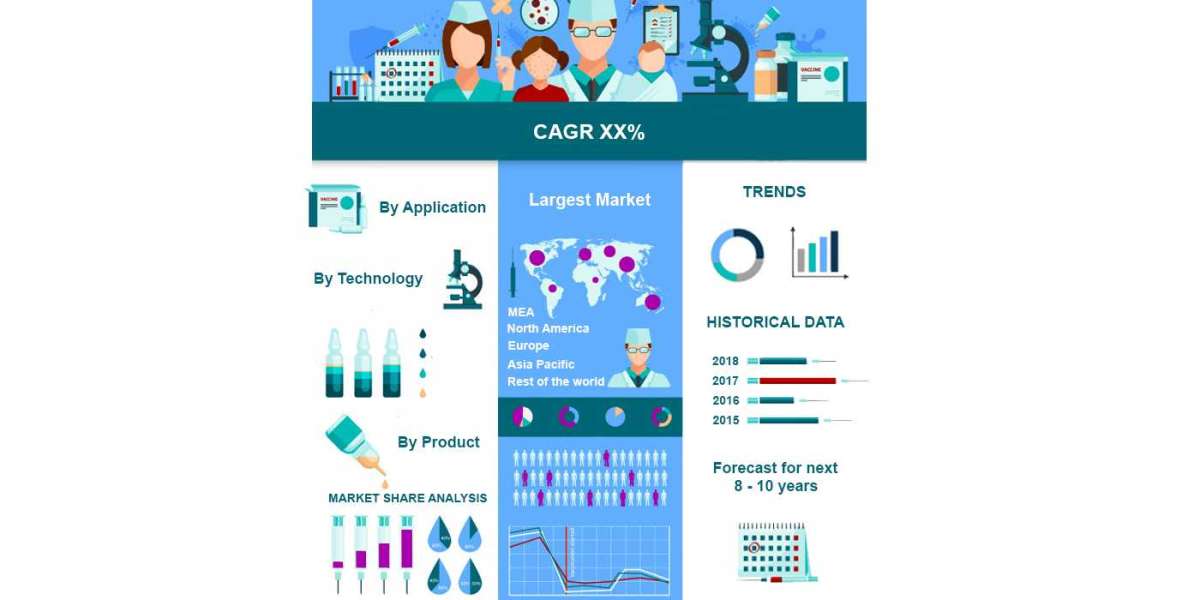Recount some myths about Workplace Mental Health Programs Approaches that you've made out
Employers can increase access to confidential offsite services by purchasing telemedicine services for mental and behavioral health, either through their carrier or directly with a third party provider. Telemedicine is the use of telecommunications and information technologies to provide a range of healthcare services such as clinical care and health education. Successfully implementing a workplace mental health and wellbeing improvement strategy requires employers to take responsibility for creating a culture of awareness and support of employee mental health. A certain level of pressure in a business environment is desirable. Pressure helps to motivate people and boosts their energy and productivity. But when the pressure someone is under becomes too much to cope with, that positive force turns negative and becomes stress. How an individual copes with pressure is determined by a variety of factors, including support systems at home and work, and their own personality and coping mechanisms. What may be too much pressure for one person at one particular time may not be too much for the same person at a different time or for a different person at any time. The symptoms of poor mental health can be emotionally, mentally and physically debilitating and negatively impact work performance, resulting in lost income and contributing to absenteeism and presenteeism (poor performance while at work). Comorbid conditions including heart disease, obesity and diabetes can exacerbate these factors. As the workplace and the workforce changes, so there is the need to do analysis to keep abreast of the implications of those changes, especially among small and medium-sized enterprises, the self-employed and those working in the gig economy. 
Employee assistance programs that use counseling and multi-component interventions can be effective at reducing absenteeism, presenteeism, well-being and workplace functioning. The effectiveness of EAPs can vary depending on the current mental health status of the employee, level of investment by employers and usage rates by employees. Employers should consider the advantages and disadvantages of different EAP formats and decide which would be the best fit for them. Not asking for feedback can be because an employee is scared of speaking out. Only three quarters of people with mental health problems receive any support. Among those who do receive care, too few have access to the full range of evidence based interventions. Government and NHS bodies need to continue their work to put mental health on a par with physical health. Mental health problems will always exist and we still need improvement in the access to, and quality of, clinical care available through the NHS. There are many reasons why a mental illness may develop through work. There is no singular cause because it’s not a linear problem. No two people are identical in this and the influencing factors that usher a person down the pathway of developing a mental illness, while sometimes similar, are unique. Discussing ideas such as Wellbeing for HR is good for the staff and the organisation as a whole.
The Role Of Innovation
To avoid the detrimental impact poor mental has on both employees and businesses, employers must take action to prevent mental health issues occurring, as well as providing support when they do. The reward for getting this right is a happier, healthier workforce, and a more successful, high-performing business. The World Health Organization (WHO) estimates that depression and anxiety cost the global economy $1 trillion per year in lost productivity. But WHO also found that for every $1 spent on treating common mental health concerns, there is a return of $4 in improved health and productivity. Having a mental illness doesn’t make someone weak or entirely different from other people. These unhelpful and harmful stereotypes about mental illness serve to undermine progress made to further mental health conversations at work. While there is a greater need for support with mental health at work, there is growing evidence to suggest that individuals around the world are recognizing the importance and benefit of self-care more than ever. We often spend more of our waking hours at work than we do at home. Just because work is a different environment doesn’t mean we become different people, and some of the biggest stresses in our day to day life can originate at work. Colleagues might be challenging, deadlines tight, the commute long, or maybe the job is unrewarding but financially imperative. Subjects such as workplace wellbeing ideas can be tackled by getting the appropriate support in place.
Many of us will experience common mental health conditions at some point in our lives such as stress, anxiety, low mood or poor sleep. Some of us will experience mental illness. One of the best ways to improve employee mental wellness is by helping employees talk openly about mental health. Identifying the issue and letting it be an acceptable topic of conversation – removing the taboo around acknowledging work-related stress - can create progress by itself, helping employees realize they aren’t alone. You might not want to discuss your mental health with your manager or work colleagues but you might need some support when working. This could mean counselling, mentoring or reasonable adjustments in the workplace. Mental health implies fitness rather than freedom from illness. When we understand that our mental health fluctuates, just as our physical health, this presents an opportunity to look at managing our mental health — maintaining, sustaining, and nurturing our mental state. According to research, 85% of companies say wellness programs support employee engagement. When an employee wellbeing program is implemented, employees feel more connected, their health is elevated, and consequently their happiness is increased. Organisations can make sure their employee benefits package provides support for workplace wellbeing support today.
Handling Sensitive Conversations
Change may require employees to take on new roles, relationships, behaviours, and new approaches to work, which can be stressful. On the other hand, when change is managed well it can promote mental health, facilitate innovation and increase productivity. Managers play an integral role in helping work teams adapt and respond positively to change. Managing and supporting people who are nervous or anxious about returning to the workplace calls for careful planning. Employees need to understand the steps their employers have taken to ensure they will be safe and that their wellbeing is genuinely a high priority. Ignoring your mental health can lead to some serious health consequences. According to the National Alliance on Mental Illness (NAMI), approximately one in five American adults (or 43.8 million) experience mental illness in a given year. This is a sobering statistic that should remind both employees and employers why it’s so important to prioritize mental wellbeing. Line managers have a crucial role to play in preventing and dealing with workplace stress. While employers increasingly expect line managers to look after people’s health and wellbeing, often employers don’t provide the necessary training and support. There are 4.8 million self-employed workers in the UK, and growing, many of whom operate through online businesses or within the GIG economy. This group has a higher risk of mental health problems due to the nature of their work, which can be isolated and less stable. An opinion on managing employees with mental health issues is undoubtebly to be had in every workplace in the country.
If you think your employer or a prospective employer has failed to make a reasonable adjustment becasue of mental health issues, you should ask for an explanation and involve your union or staff representative, if you have one, and consider complaining to your employer. If you cannot resolve the situation, you can lodge a claim for unlawful discrimination under the Act with the Employment Tribunal. Many factors influence our comfort or discomfort around discussing mental health and mental illness outside of work, including but not limited to: gender, culture, ethnicity, religion, family of origin, the media, our self-concept and belief system, and previous negative experiences of sharing. Most staff who experience mental ill health will recover and return to being a valuable and productive member of the team. However on some occasions, even with adjustments in place, a team member's performance, conduct or continued absence may warrant further action. The way in which your business operates will have an impact on how stressed out and under pressure people feel. A survey on Stress: Are We Coping? found that 74% of people have at some point felt so stressed that they felt overwhelmed or unable to cope. You can very easily take steps to reduce that pressure and not pile work on employees if it is starting to cause them strain and stress. Mental distress affects people in different ways and at different times in their lives. Thinking about concepts such as employers duty of care mental health is really helpful in a workplace environment.
Workload Management
The conversation surrounding mental wellness at work is heating up as more companies recognize the value of improving their employees’ mental health. Recently though, evidence suggests that mental health organisations are putting in concerted efforts to change this opinion. ACAS is a valuable HR source and the organisation teamed up with the NHS Mindful Employer Initiative to develop a training package and advisory booklet that promotes positive mental health at work. Employers should be able to support employees to stay in work, when appropriate, and make adjustments including support with workload, revised working hours, allowing absence for treatment or opportunities to work from home, depending on the individual’s needs. You can discover supplementary insights appertaining to Workplace Mental Health Programs Approaches at this World Health Organisation page.
Related Articles:
Mental Health At Work Programs Mediations: Perturbed By What's Offered?
How Do We Understand More About Employee Mental Health Initiatives?
The Leading 7 Upsides Of Mental Health In The Workplace Programs Mediations







